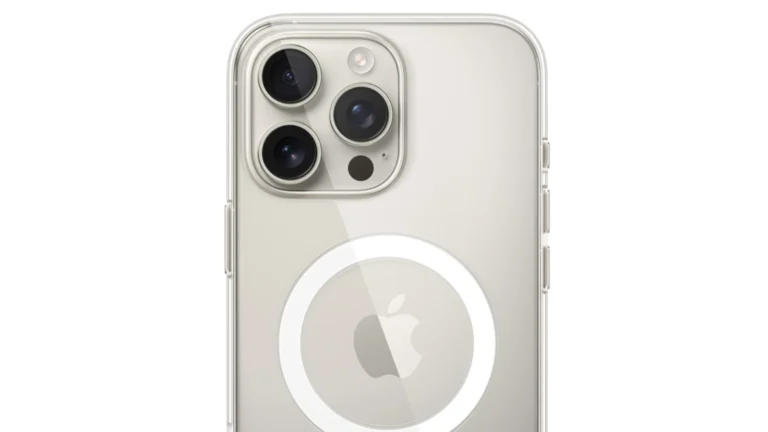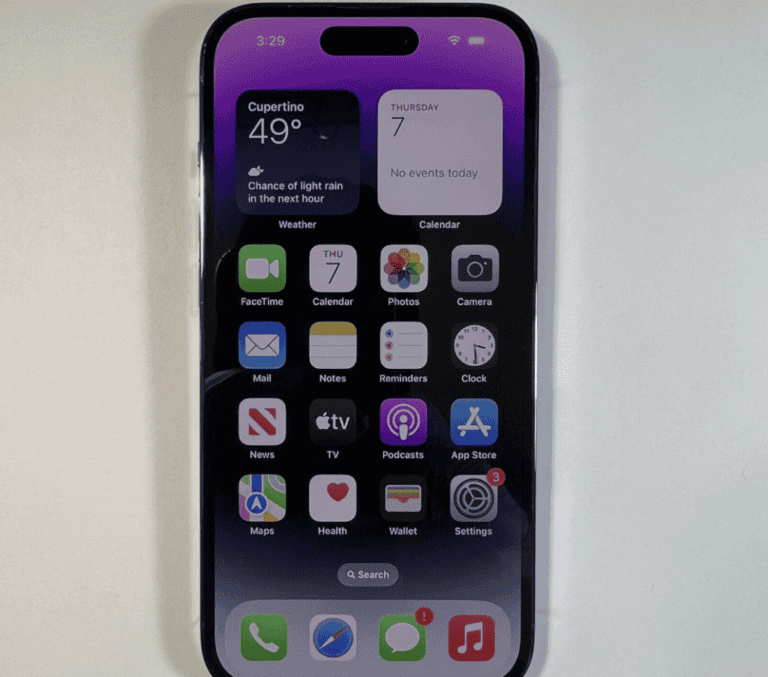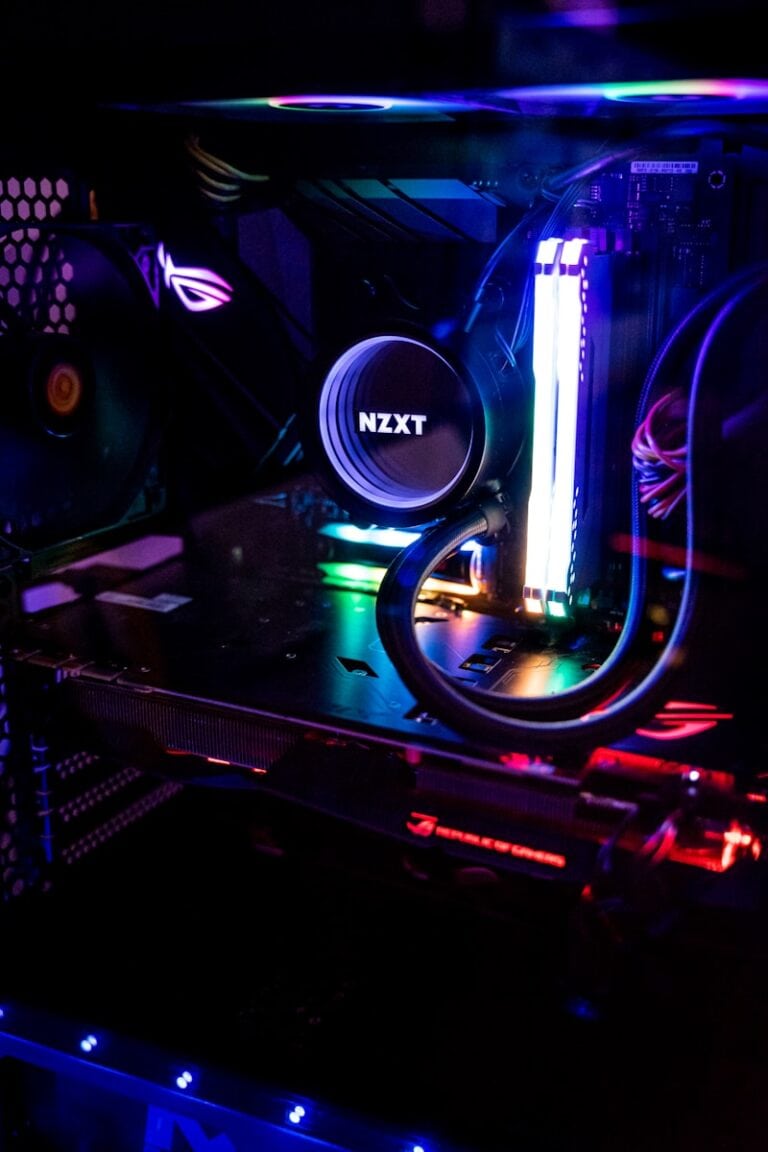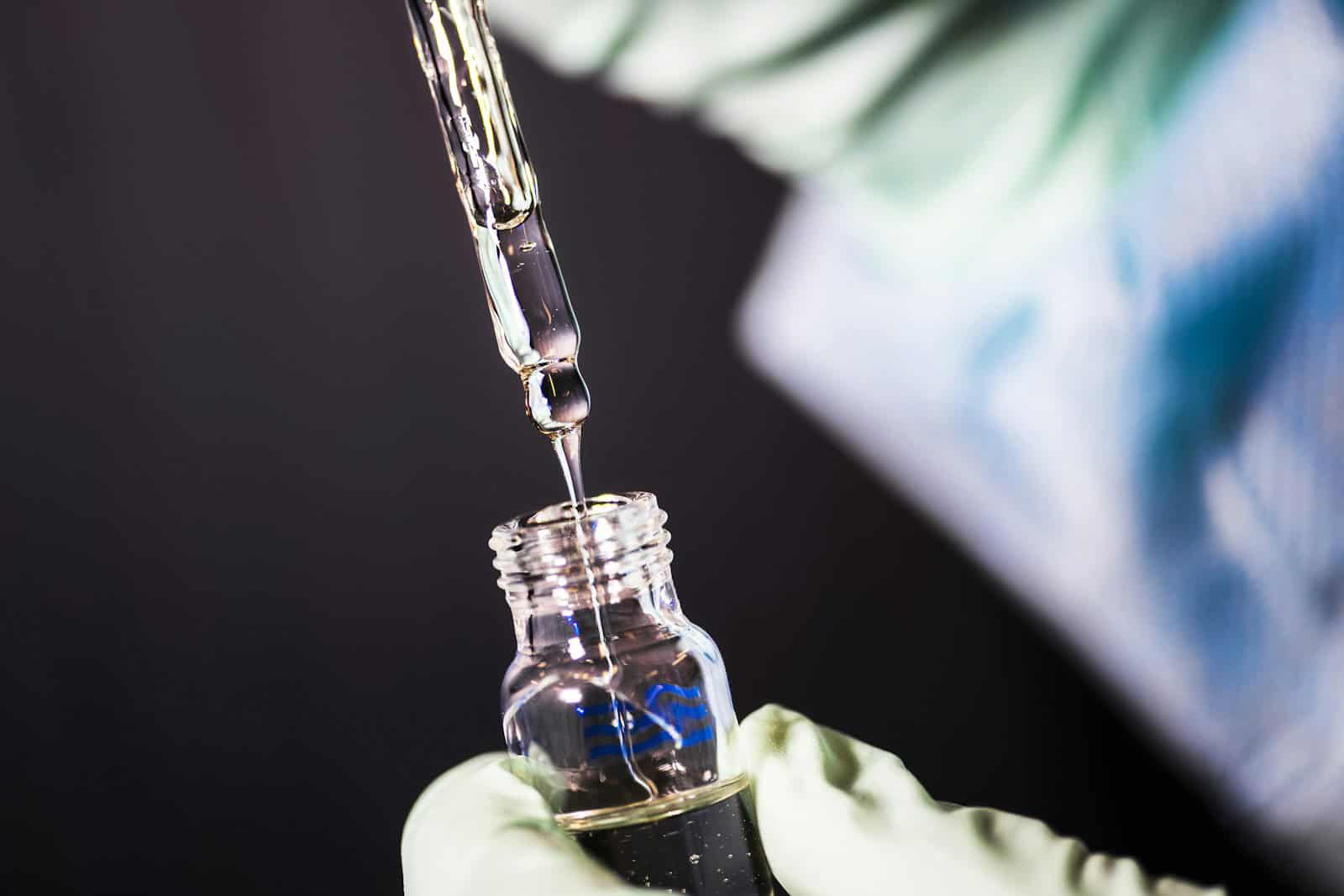
DNA testing kits have become popular tools for uncovering personal genetic information. These kits offer insights into ancestry, health predispositions, and even potential relatives. As technology advances, the accuracy and range of information provided by DNA tests continue to improve.
Several companies now offer DNA testing services, each with unique features and specialties. Some focus on health-related genetic markers, while others excel at tracing ancestral roots or building family trees. The process typically involves collecting a saliva sample at home and sending it to a lab for analysis. Results are then made available through online platforms, often with interactive tools to explore the findings.
Decoding Your DNA: A Guide to the Best DNA Testing Kits
Curious about your ancestry, health risks, or even your pet’s breed? DNA testing kits have made it easier than ever to unlock the secrets hidden within your genes. But with so many options on the market, choosing the right one can be overwhelming. This guide breaks down the best DNA testing kits available, highlighting their strengths and weaknesses to help you make an informed decision.
Best Overall
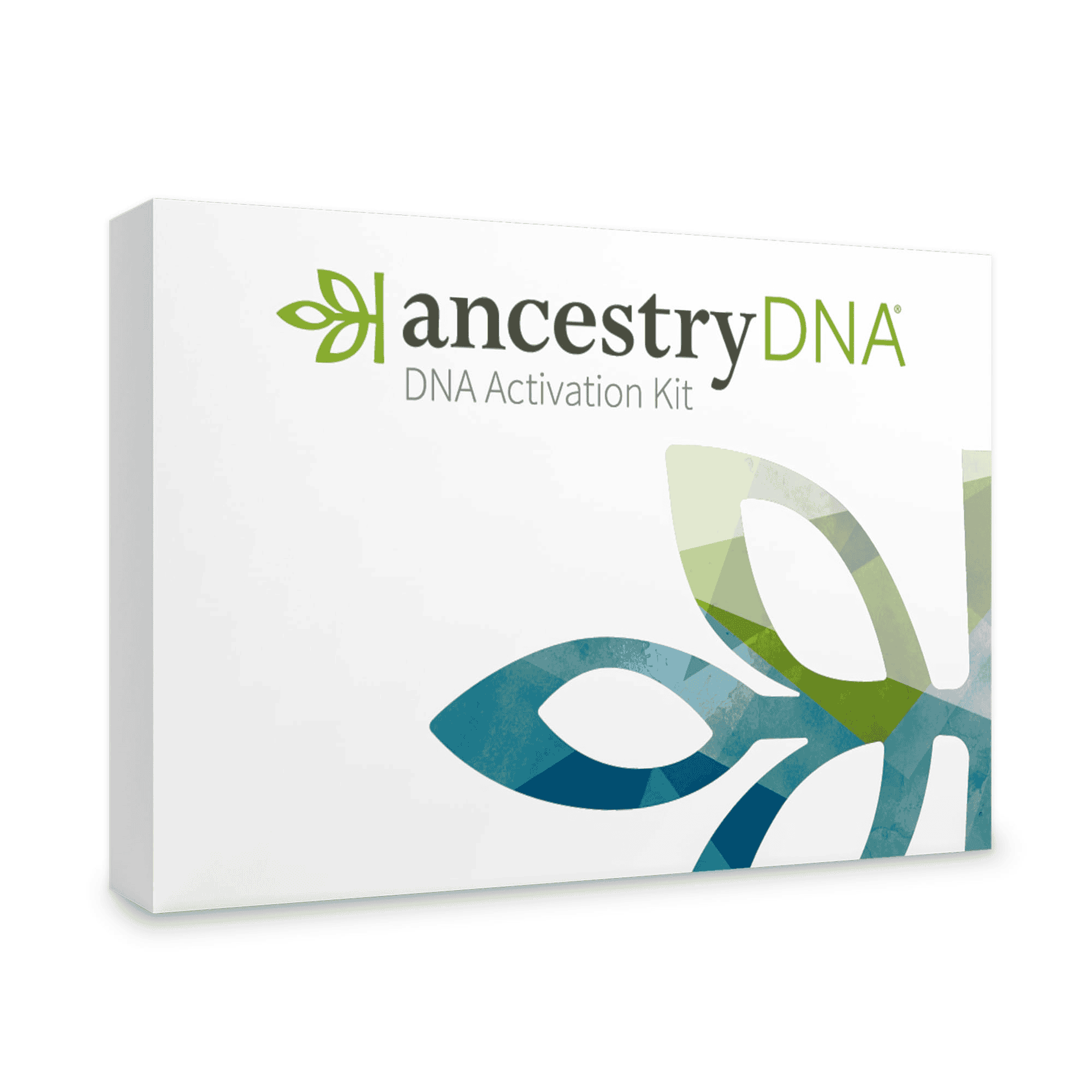
AncestryDNA: Boasting the largest database of DNA samples and historical records, AncestryDNA excels at connecting you with relatives and tracing your family tree. Their user-friendly interface and extensive resources make it a top choice for both beginners and experienced genealogists.
Best for Health Insights
23andMe: If you’re interested in learning about your genetic health risks and predispositions, 23andMe is a strong contender. They offer a wide range of health reports, including carrier status for genetic conditions, wellness traits, and pharmacogenetics (how your genes may affect your response to medications).
Best for Budget-Conscious Users
MyHeritage DNA: MyHeritage DNA offers a comprehensive ancestry test at a competitive price point. Their platform also includes a family tree builder and access to billions of historical records, making it a great value for those exploring their genealogy.
Best for Deep Ancestry
Living DNA: Living DNA provides detailed regional breakdowns of your ancestry, going beyond the basic continental origins. They also offer unique insights into your maternal and paternal lineages, tracing your ancestry back through ancient migrations.
Best for Advanced Users
FamilyTreeDNA: FamilyTreeDNA caters to those seeking more advanced DNA analysis. They offer a variety of tests, including autosomal, Y-DNA (paternal line), and mtDNA (maternal line) tests, allowing for a deeper dive into specific ancestral lines.
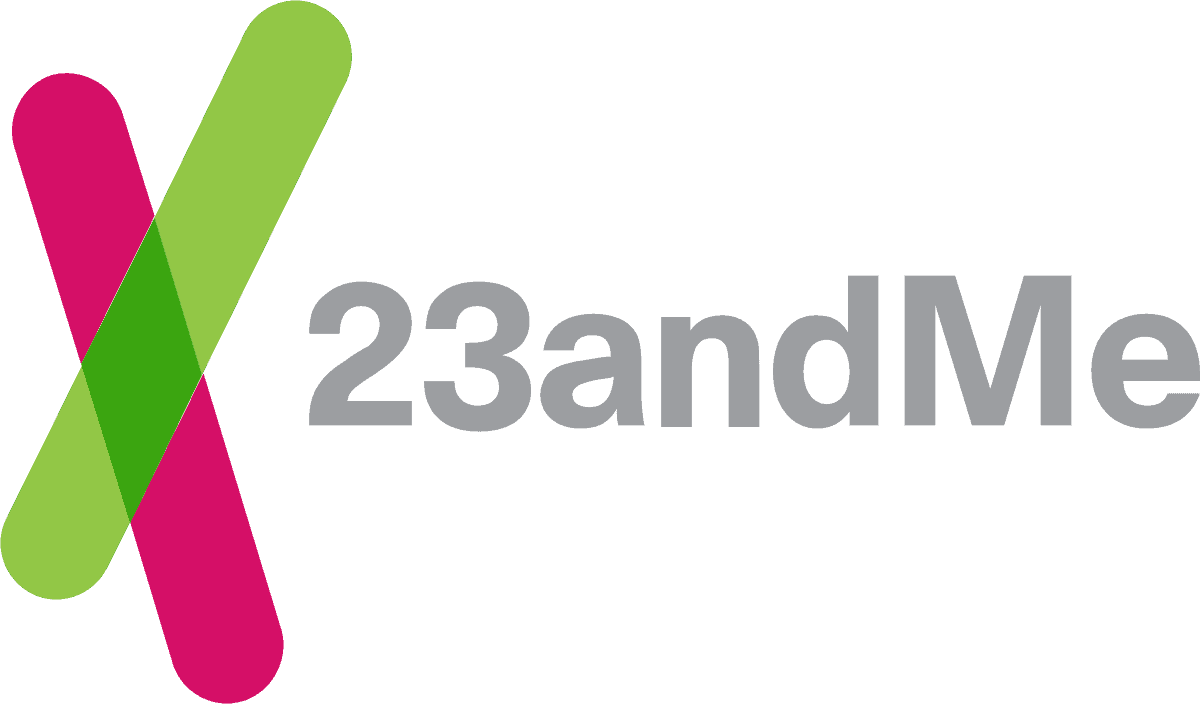
Comparison Table
| Rank | Kit | Strengths | Weaknesses | Best For |
|---|---|---|---|---|
| 1 | AncestryDNA | Largest database, excellent family matching tools, user-friendly interface | Limited health information | Ancestry research, finding relatives |
| 2 | 23andMe | Comprehensive health reports, detailed ancestry information | Smaller database than AncestryDNA | Health insights, ancestry exploration |
| 3 | MyHeritage DNA | Affordable price, family tree builder, access to historical records | Less detailed ancestry breakdowns than some competitors | Budget-conscious users, building family trees |
| 4 | Living DNA | Deep ancestry analysis, regional breakdowns, maternal and paternal lineage tracing | Smaller database, fewer health reports | Exploring ancient ancestry, understanding migration patterns |
| 5 | FamilyTreeDNA | Advanced DNA testing options, Y-DNA and mtDNA tests available | More complex for beginners, higher price point for some tests | Serious genealogists, tracing specific ancestral lines |
Key Takeaways
- DNA tests provide insights into ancestry, health, and potential genetic relatives
- Different companies offer specialized services for various genetic information needs
- At-home saliva collection and online results platforms make DNA testing accessible
Exploring Genetic Insights for Health
With the rise of at-home DNA testing, it’s now easier than ever to explore your genetic makeup and uncover fascinating insights about your heritage, health, and even your pets. But choosing the right kit can be tricky, as each offers a unique combination of features and focuses. By understanding your priorities and considering the strengths of each kit, you can embark on a journey of self-discovery and unlock the secrets hidden within your DNA.
23andMe’s DNA Analysis
23andMe offers comprehensive genetic testing. Their service provides ancestry reports and health-related DNA analysis. Users can learn about potential Neanderthal genetics in their DNA.
The platform features interactive elements for engaging with results. Health reports are regularly updated with new findings. While insightful, genetic health data doesn’t guarantee future health outcomes.
23andMe’s tests cover carrier status, trait reports, and genetic health risks. This information can be useful for understanding personal wellness and fitness factors.
Tracing Family Roots
AncestryDNA
AncestryDNA offers a comprehensive DNA testing service for genealogy enthusiasts. The company boasts a large database of DNA samples, increasing the chances of finding genetic matches. Users receive clear, regularly updated results that are easy to understand.
AncestryDNA provides free shipping for their test kits. The service includes access to numerous online resources to aid in family history research. These tools help users build family trees and explore historical records.
One potential drawback is the extensive matching feature. Some users may find the number of DNA matches overwhelming. However, this abundance of information can be valuable for those seeking to expand their family tree.
AncestryDNA’s reports cover ethnicity estimates and potential genetic connections. The service aims to help users discover their ancestral origins and connect with living relatives.
Geographic Ancestry Insights
Living DNA Test Kit
Living DNA offers detailed ancestry reports covering 150 global regions. The test provides in-depth geographic breakdowns of ethnic origins. Results include precise ethnicity estimates and ancestry composition data.
Users can explore their heritage through Living DNA’s comprehensive ethnicity breakdown. The kit is reasonably priced compared to competitors. However, DNA profile creation takes 10-12 weeks.
Some features are currently unavailable due to platform updates. Living DNA aims to give users a clear picture of their genetic roots and ethnic background.
Top DNA Test for Tracing Ancestral Journeys
HomeDNA
HomeDNA offers a unique DNA test focused on tracing ancestral migration patterns. This kit provides insights into both paternal and maternal lineages through Y-DNA and mtDNA analysis. Users can explore their haplogroups and visualize their ancestors’ historical movements across continents.
The test examines specific markers on the Y-chromosome for paternal ancestry and mitochondrial DNA for maternal heritage. Results include detailed maps showing migration routes over thousands of years. While pricier than some competitors, HomeDNA delivers specialized information for those interested in deep ancestral origins.
Top Choice for Family Tree Construction
MyHeritage DNA
MyHeritage DNA offers a comprehensive solution for those interested in building detailed family trees. The kit includes user-friendly family tree software and extensive research resources. Users can easily input their DNA results and connect with potential relatives.
The test provides ethnicity estimates and genetic matches. However, the sample collection process can be tricky for some users. The results lack contextual information, which may leave some questions unanswered.
MyHeritage’s genetic genealogy tools help users trace their ancestry and find living relatives. The platform integrates DNA data with historical records, enhancing family history research. Users can upload raw DNA data from other testing companies for additional insights.
• Pros:
- Robust family tree building tools
- Large database of historical records
- DNA matching with potential relatives
• Cons:
- Sample collection can be challenging
- Limited health-related information
- Results may lack depth for some users
DNA Kit Functionality and Testing Scope
DNA testing kits offer insights into genetic makeup through simple home-based sample collection. Users typically provide a saliva sample or cheek swab, which is then sent to a lab for analysis. The process involves examining specific genetic markers to reveal information about ancestry, health risks, and other traits.
Most kits focus on autosomal DNA testing. This method analyzes genetic material inherited from both parents, providing a comprehensive view of recent ancestry. Some tests also examine mitochondrial DNA or Y-chromosome DNA for deeper ancestral roots.
The scope of DNA tests varies:
- Ancestry: Reveals ethnic background and potential relatives
- Health: Identifies genetic health risks and carrier status
- Traits: Explores physical characteristics and preferences
- Wellness: Provides insights on diet, exercise, and skincare
Popular DNA testing companies offer different features:
| Company | Ancestry | Health | Traits | Wellness |
|---|---|---|---|---|
| 23andMe | ✓ | ✓ | ✓ | ✓ |
| AncestryDNA | ✓ | ✓ | – | – |
| MyHeritage | ✓ | ✓ | – | – |
| LivingDNA | ✓ | – | – | ✓ |
| HomeDNA | – | – | – | ✓ |
Test results typically arrive within 2-8 weeks. Companies store genetic data securely and often provide online platforms for viewing and interpreting results. Users can explore their genetic information through interactive tools and reports.
How to Use a DNA Testing Kit
DNA testing kits offer a simple way to explore genetic information from home. The process typically involves collecting a sample and sending it to a lab for analysis.
Most kits use one of two collection methods:
- Cheek swab
- Saliva sample
Cheek swab kits provide cotton swabs. Users gently rub the inside of each cheek to collect cells. This method is quick and painless.
Saliva kits require spitting into a tube. This can be more challenging than expected. Users must fill the tube to a marked line.
Important steps before sample collection:
- Don’t eat, drink, or smoke for 30-60 minutes prior
- Read all instructions carefully
- Register the kit online before mailing
Registration links the sample to the user’s account while maintaining privacy. The sample is identified by a unique barcode, not personal information.
After collection, users seal the sample and mail it back to the lab. Some companies include prepaid shipping materials. Others charge a separate fee for return postage.
Processing times vary by company. Most results are available within 3-8 weeks. Users receive an email notification when their results are ready to view online.
DNA testing can reveal a wealth of information. Common areas of analysis include:
- Ancestry
- Health predispositions
- Carrier status for genetic conditions
- Traits
It’s crucial to understand the type of test being conducted. Different kits analyze different aspects of DNA. Some focus solely on ancestry, while others include health information.
Comparison of popular DNA testing kits:
| Company | Sample Type | Processing Time | Shipping |
|---|---|---|---|
| AncestryDNA | Saliva | 6-8 weeks | Included |
| 23andMe | Saliva | 3-5 weeks | Additional fee |
| MyHeritage | Cheek swab | 3-4 weeks | Additional fee |
| HomeDNA | Cheek swab | 6-8 weeks | Multiple options |
| Living DNA | Cheek swab | 6-8 weeks | Additional fee |
Users should consider privacy concerns when choosing a DNA testing service. Companies have varying policies on data storage and sharing. It’s wise to read the privacy policy carefully before submitting a sample.
DNA testing kits are not the only home testing options available. Other kits can analyze different biological samples, such as those for microbiome testing. These tests examine the bacteria living in and on the human body.
As DNA testing technology advances, the amount of information these kits can reveal continues to grow. Users should approach the process with an understanding of both the benefits and potential implications of genetic testing.
DNA Insights and Family Connections
DNA testing kits offer a window into ancestry and potential health risks. They provide ethnicity reports, maps of ancestral origins, and tools for building family trees. Users can search for relatives and connect with matches through the platforms.
Top Picks from Expert Reviews
23andMe stands out with its Health + Ancestry plan. This option tests for genetic health risks, carrier status, and traits like genetic weight and hair loss. It costs $199, while the basic Ancestry plan is $99.
AncestryDNA boasts the largest DNA sample database worldwide. This increases the chances of finding relatives. Their robust relative finder tool helps users place matches in their family tree.
MyHeritage offers an affordable option for those seeking relatives. It provides DNA matching and family tree building tools at a lower price point.
Living DNA specializes in global family matches. It offers detailed breakdowns of ancestry, including sub-regional data in some areas.
These kits vary in price and features. Users should compare options to find the best fit for their goals and budget. Some focus on health insights, while others excel at family history research.
Privacy is a key concern with DNA testing. Users can opt in or out of relative matching features. Companies don’t share contact information directly, but allow messaging through their platforms.
Test results differ based on biological sex. Those with XX chromosomes can only trace maternal lineage. XY chromosome carriers can track both maternal and paternal lines.
Family tree managers can often track DNA results for multiple family members. This may require separate accounts for each kit. Sharing results and connecting family trees is possible on many platforms.
Before taking a DNA test, it’s crucial to read the terms of service carefully. Users should only agree to conditions they’re comfortable with. Understanding how DNA data will be used and stored is important for privacy protection.
DNA Testing Service Evaluation Process
DNA testing companies undergo rigorous assessment to determine their quality and reliability. The evaluation begins with ordering a kit, mimicking a typical customer experience. Tracking delivery times and lab processing speeds forms part of the initial assessment.
Results are scrutinized for comprehensiveness and detail. The depth of information provided about genetic heritage and health predispositions is a key factor. Accuracy is paramount, as even small errors can lead to significant misunderstandings about one’s ancestry or health risks.
Privacy and data security are critical considerations. Each company’s privacy policy is examined to ensure customer genetic information is protected. The size and security of the DNA database are also evaluated, as larger, well-protected databases often yield more accurate results.
Test accuracy is verified through comparison with known family histories and medical records where possible. False positives are a concern, particularly in health-related genetic testing. Companies that provide clear explanations of their error rates and limitations score higher in evaluations.
Ease of use is another important criterion. The clarity of instructions, simplicity of sample collection, and user-friendliness of result interfaces all factor into the overall rating. Companies offering additional features like genetic counseling services or regular updates to results as new research emerges are viewed favorably.
Cost-effectiveness is assessed by comparing the price to the breadth and quality of information provided. Some services, like Nebula Genomics, offer more extensive genetic analysis but at a higher price point.
Frequently Asked Questions
Benefits of DNA Tests for Health
DNA tests offer valuable health insights. They can reveal genetic predispositions to certain conditions. This information allows for proactive health management. Early awareness of risks enables preventive measures. Some tests identify carrier status for inherited disorders. This knowledge aids in family planning decisions.
Accuracy Comparison of DNA Kits
DNA testing kits vary in accuracy. Lab quality and testing methods impact results. Some kits focus on specific genetic markers. Others provide broader analysis. Accuracy rates often range from 95% to 99%. Higher-priced tests generally offer more comprehensive results. User error in sample collection can affect accuracy.
Most Reliable DNA Testing Service
23andMe and AncestryDNA are highly regarded. They have large databases and advanced testing methods. Both offer detailed reports and regular updates. 23andMe provides health-related genetic information. AncestryDNA excels in genealogy and ethnicity estimates. Reliability also depends on the specific information sought.
Best Practices for DNA Sample Collection
Follow kit instructions carefully. Avoid eating, drinking, or smoking 30 minutes before. Use the provided swab or tube correctly. Seal samples promptly to prevent contamination. Mail samples within the specified timeframe. Some kits require saliva, others use cheek swabs. Proper labeling is crucial for accurate results.
Ancestry and Ethnicity Insights from DNA Tests
Many DNA kits offer ancestry information. They compare your DNA to reference populations. Results typically include ethnicity percentages. Some tests connect you with genetic relatives. AncestryDNA and MyHeritage focus heavily on genealogy. 23andMe provides both health and ancestry reports. Ethnicity estimates improve as databases grow.
Key Differences Among Leading DNA Kits
| Feature | 23andMe | AncestryDNA | MyHeritage |
|---|---|---|---|
| Health Reports | Yes | Limited | No |
| Ancestry Focus | Moderate | High | High |
| Database Size | Large | Largest | Growing |
| Price Range | $99-$199 | $99-$149 | $79-$199 |
| Sample Type | Saliva | Saliva | Cheek Swab |
23andMe offers health and trait reports. AncestryDNA excels in family tree building. MyHeritage provides international matches. Each kit has unique features catering to different interests.


